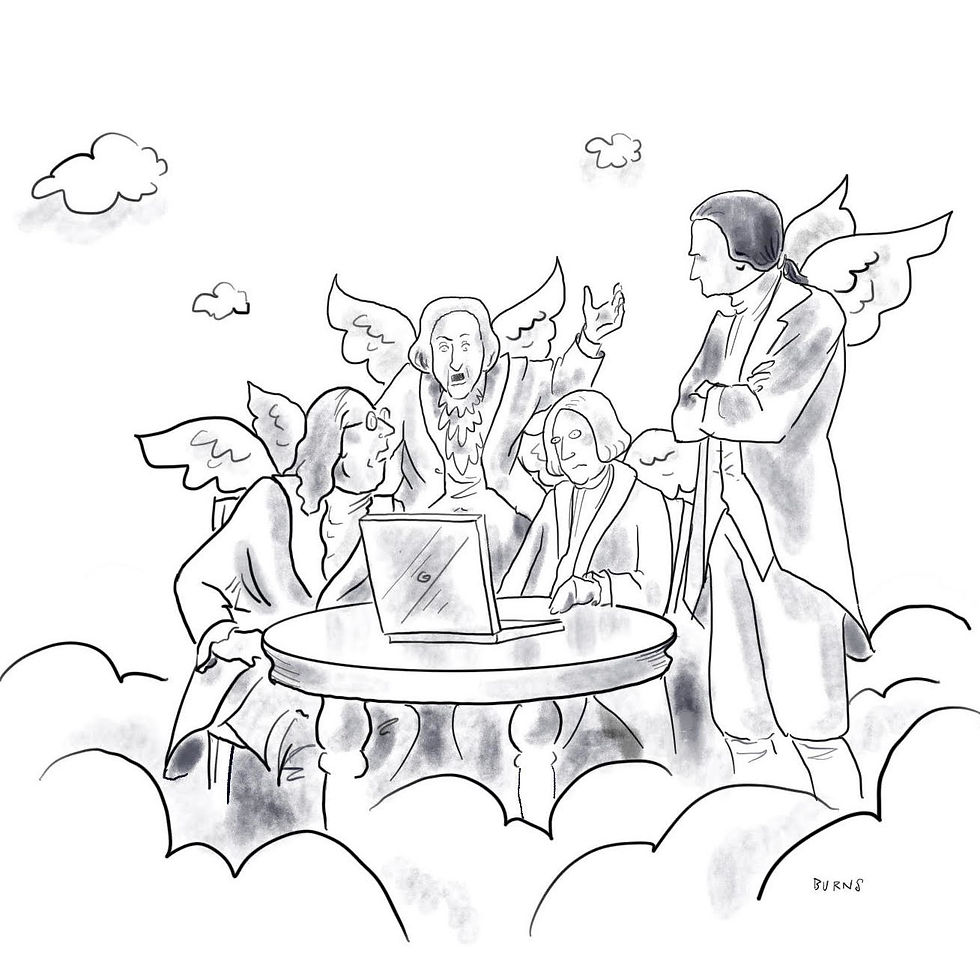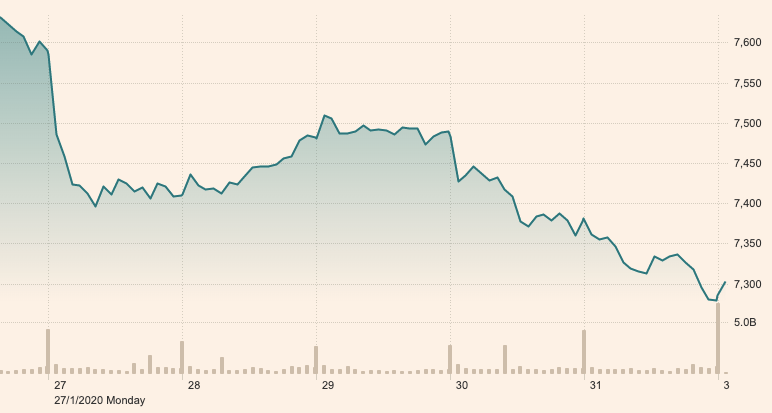- Charlotte Street Partners

- Feb 3, 2020
- 4 min read
You can borrow my charger
Written by Juan Palenzuela, Associate
Edited by Harriet Moll, Creative Director
Good morning,
On Thursday last week, the European Parliament voted on a long-expected bill to establish a common charger for mobile devices.
The bill is the culmination of a decade-long effort to reduce our startlingly huge levels of e-waste: in Europe alone, the amount generated in 2016 totalled 12.3 million metric tonnes, or the equivalent of 16.6 kg per European.
The bill’s principal idea is that by having a single, universal charger, the sale of new chargers could be decoupled from the sale of new devices and doing so would encourage consumers to keep the ones they already own. The bill does not, however, force manufacturers to decouple the sale of the two.
The bill not only reduces waste but reduces inconvenience too: a 225-page impact assessment study found that 15% to 20% of people surveyed reported facing "significant issues" because of non-standard chargers. Some of these include the incompatibility of available chargers and the space that carrying many chargers takes. I can relate.
It is now the job of the Commission to find the best way to execute the mandate. The agreed options, listed in the impact assessment study, range from demanding manufacturers to include a USB C adapter along with their own designs, to forcing all manufacturers to adopt the same charging standard, provide the same cables and the same type of charging plug.
Apple stands to suffer the most out of the latter option. In response, the company said that the new regulations could freeze innovation rather than encourage it, and it also added that by forcing the company to adopt a new type of charger, millions of lightning chargers would become e-waste as a result.
But the switch would probably not be as disruptive as they argue. Apple has phased out its proprietary chargers on its new laptops and iPads in support of USB C anyway, and it is eyeing an all wireless iPhone by 2021, according to some reports. For now, the soon to be enacted legislation is more proof of the Commission’s increasing assertiveness when it comes to regulating big tech.
News
The Democratic primary race in the US intensifies tonight as Iowans vote for the caucuses to elect the Democratic nominee for president. Polls suggest that Bernie Sanders could take the first place, with former vice president Joe Biden following closely behind. There are 11 candidates still running for the Democratic nomination.
The spread of novel coronavirus increased over the weekend. It has now claimed more lives than the 2003 SARS pandemic, with the first reported death outside China happening on Sunday in the Philippines. To fight the pandemic China will soon open one of the two hospitals that started being built merely ten days ago.
Police in London shot a 20-year-old man dead yesterday after he attacked a group of pedestrians with a knife while wearing a fake suicide vest. The attacker was released from prison a week ago after serving a three-year sentence for terror crimes, and was being actively monitored by police. Three people were injured but none are in a life-threatening condition.
Business and economy
According to reports, Nissan is said to be planning to pull out of mainland Europe by closing its plants in Barcelona and France if Brexit leads to tariffs on car exports. Production in the UK would also be affected, but maintained nonetheless.
Credit Suisse reportedly froze its investment banking bonus pool for the second consecutive year after a surge in trading revenue in 2019 was offset by losses in its advisory and capital markets business. It is another symptom of a wider trend across European investment banks, as they struggle due to increasing competition from their US peers, a slowdown in IPOs, and a lack of scale.
Ryanair will not receive its first Boeing 737 Max until at least September or October, according to a statement, as it warned of long-term disruption to key routes and damage to its growth targets due to the grounding of the plane. The airline had originally planned to receive 58 737 MAX jets by the summer of 2020, but that number has now decreased to just 10.
Columns of note
Writing for the Times, Patrick Jenkins argues that in the quest to finance driverless vehicles, Uber could create a new asset class. In a scenario without car-owning drivers, the transition to autonomous vehicles could “blow up” the companies’ balance sheets with the cost of owning millions of vehicles. But financial innovation, argues Jenkins, is likely to arise.
In the Times, Andrew Copson says that the survival of secularism in India is something of relevance for the entire world. As the world’s biggest democracy, secularism in the country holds together a plural society of many creeds in peace, while sustaining democracy and freedom. The international community cannot afford to see the abandonment of such equilibrium, says Copson.

Markets
What happened yesterday?
This week marks the reopening of Mainland Chinese markets and so far, markets are suffering losses. The spread of the coronavirus caused the market holiday to be extended all through last week, adding to uncertainty about the virus’s impact on the market.
Meanwhile, this week two major social media companies will report earnings, Snap on Tuesday, and Twitter on Thursday.
Disney will also report on Tuesday. This will be the first quarter in which investors will be able to see the effect of the launch of Disney+ on Disney's media networks revenue.
What's happening today
Finals
Porvair
AGMs
JPMorgan Chinese
Final dividend payment date
HYVE
Schroder UK Mid & Small Cap Fund
UK economic announcements (09:30) PMI Manufacturing Intl. economic announcements (08:55) PMI Manufacturing (GER) (09:00) PMI Manufacturing (EU) (14:45) PMI Manufacturing (US) (15:00) ISM Manufacturing (US) (15:00) Construction Spending (US) (15:00) ISM Prices Paid (US)

Did you know?
The construction of China's Three Gorge Dam slowed the earth's rotation by 0.06 microseconds in 2003.
Parliamentary highlights
House of Commons
Legislation
Agriculture Bill: Second Reading
Adjournment
Tax policy and Netflix - Dame Margaret Hodge
Oral questions
Defence (including Topical Questions)
House of Lords
Oral questions
Legislation
Debate Government plans to improve the safety and security of public venues, and whether the government intend to introduce a Protect duty under the CONTEST strategy for countering terrorism - Lord Harris of Haringey Scottish Parliament No business scheduled.

Comments